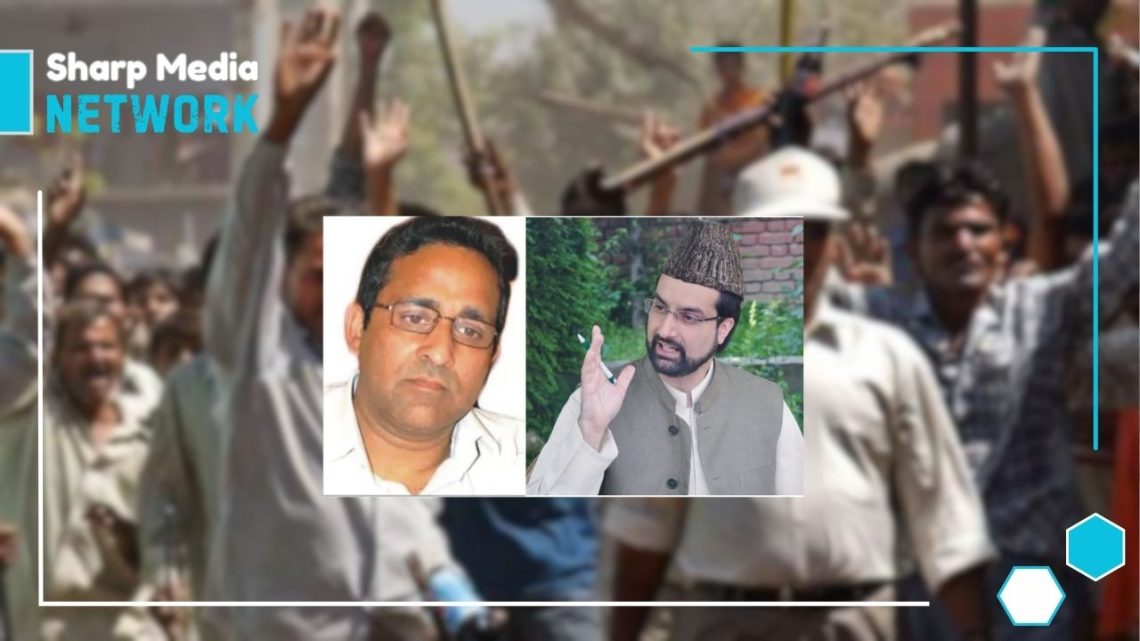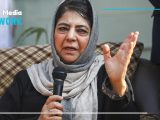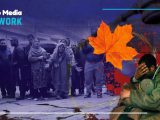
The Growing Sectarian Threat in IIOJK Raises Alarms
February 25, 2025In IIOJK, a battle for religious harmony is unfolding, as divisive rhetoric threatens the region’s fragile peace.
Amid growing concerns over the rise of sectarianism in Indian Illegally Occupied Jammu and Kashmir (IIOJK), Shakeel Qalander, a well-known business leader, has urged Mirwaiz Umar Farooq, the Chairman of Muttahida Majlis-e-Ulama (MMU), to intervene. This call for action is a direct response to the efforts of certain influential groups, particularly the Rashtriya Swayamsevak Sangh (RSS) and the Bharatiya Janata Party (BJP), whose actions are seen as destabilizing the region’s long-standing struggle for self-determination.
Qalander’s letter outlines the disturbing rise of preachers who have misused the sacred pulpit for personal gain. These individuals, by delivering inflammatory and provocative sermons, have sparked tensions between different religious communities. According to Qalander, these divisive statements, often targeting specific beliefs and rituals, are deeply hurtful and dangerous. If not addressed promptly, they risk igniting widespread discord and unrest, further threatening the region’s fragile social harmony.
The letter calls for the urgent convening of an MMU session, where the focus would be on drafting clear qualifications and ethical guidelines for those allowed to speak from religious platforms. Such guidelines, Qalander believes, are vital to prevent the pulpit from being hijacked by those with divisive intentions. The pulpit, traditionally a space for unity and spiritual guidance, must not become a battleground for sectarian rhetoric or personal agendas.
Qalander’s appeal reflects a broader concern for the region’s future. The rise of controversial voices in religious spaces underscores the need for a collective response to protect the community from further polarization. By establishing ethical standards for religious leaders, the MMU can ensure that the pulpit remains a platform for peace, not division.
This move, according to Qalander, is crucial for the continued struggle for unity and the preservation of IIOJK’s social fabric. As the region continues to face external pressures, it is more important than ever for leaders to come together and uphold values that foster peace and understanding.
The stakes are high, and the time for action is now. Through unity, ethical guidelines, and collective responsibility, the region’s future can remain one of cohesion and shared purpose.

